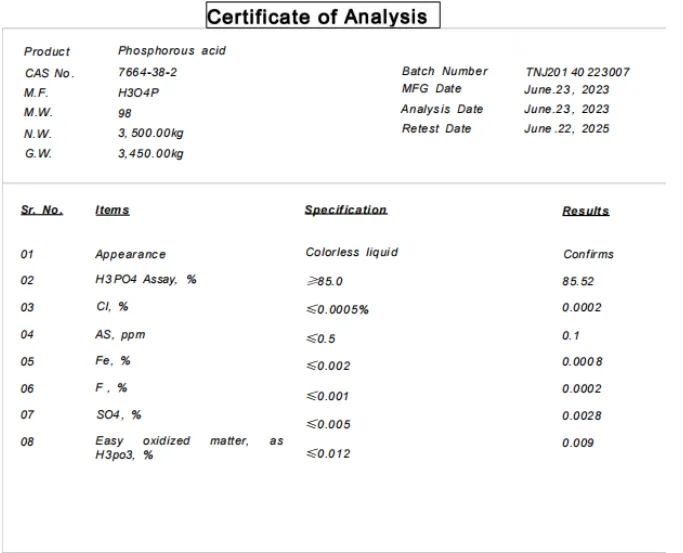Warning: Undefined array key "title" in /home/www/wwwroot/HTML/www.exportstart.com/wp-content/themes/1198/header.php on line 6
Warning: Undefined array key "file" in /home/www/wwwroot/HTML/www.exportstart.com/wp-content/themes/1198/header.php on line 7
Warning: Undefined array key "title" in /home/www/wwwroot/HTML/www.exportstart.com/wp-content/themes/1198/header.php on line 7
Warning: Undefined array key "title" in /home/www/wwwroot/HTML/www.exportstart.com/wp-content/themes/1198/header.php on line 7
- Afrikaans
- Albanian
- Amharic
- Arabic
- Armenian
- Azerbaijani
- Basque
- Belarusian
- Bengali
- Bosnian
- Bulgarian
- Catalan
- Cebuano
- China
- China (Taiwan)
- Corsican
- Croatian
- Czech
- Danish
- Dutch
- English
- Esperanto
- Estonian
- Finnish
- French
- Frisian
- Galician
- Georgian
- German
- Greek
- Gujarati
- Haitian Creole
- hausa
- hawaiian
- Hebrew
- Hindi
- Miao
- Hungarian
- Icelandic
- igbo
- Indonesian
- irish
- Italian
- Japanese
- Javanese
- Kannada
- kazakh
- Khmer
- Rwandese
- Korean
- Kurdish
- Kyrgyz
- Lao
- Latin
- Latvian
- Lithuanian
- Luxembourgish
- Macedonian
- Malgashi
- Malay
- Malayalam
- Maltese
- Maori
- Marathi
- Mongolian
- Myanmar
- Nepali
- Norwegian
- Norwegian
- Occitan
- Pashto
- Persian
- Polish
- Portuguese
- Punjabi
- Romanian
- Russian
- Samoan
- Scottish Gaelic
- Serbian
- Sesotho
- Shona
- Sindhi
- Sinhala
- Slovak
- Slovenian
- Somali
- Spanish
- Sundanese
- Swahili
- Swedish
- Tagalog
- Tajik
- Tamil
- Tatar
- Telugu
- Thai
- Turkish
- Turkmen
- Ukrainian
- Urdu
- Uighur
- Uzbek
- Vietnamese
- Welsh
- Bantu
- Yiddish
- Yoruba
- Zulu
Nov . 06, 2024 08:23 Back to list
Comparing the Effects of Aspartame and Sucralose on Health and Sweetness Preferences
The Impact of Aspartame and Sucralose on Health and Society
In recent decades, the popularity of artificial sweeteners has surged, particularly amid growing concerns over obesity and diabetes. Aspartame and sucralose are two of the most widely used non-caloric sweeteners in food and beverage products. Both are seen as viable alternatives to sugar, providing sweetness without the calorie burden. However, their safety and health implications have been the subject of intense debate and research.
Overview of Aspartame and Sucralose
Aspartame, discovered in 1965, is an artificial sweetener created from two amino acids, phenylalanine and aspartic acid. It is approximately 200 times sweeter than sucrose (table sugar), requiring only a small amount to deliver the desired sweetness. Due to its low caloric value, it has become a staple in diet soft drinks, sugar-free gum, and various low-calorie food products.
Sucralose, on the other hand, was discovered in 1976 and is derived from sugar through a multi-step chemical process that replaces three hydroxy groups with chlorine atoms. This modification makes sucralose about 600 times sweeter than sucrose, meaning that only a tiny amount is needed to achieve equivalent sweetness levels. Sucralose is heat-stable, making it suitable for cooking and baking, further broadening its application in the food industry.
Health Concerns and Controversies
Despite their widespread use, both aspartame and sucralose have attracted scrutiny regarding their health effects. Aspartame has been linked to various health concerns, including headaches, allergic reactions, and a potential increase in anxiety and mood disorders. Furthermore, individuals with a rare genetic disorder known as phenylketonuria (PKU) must avoid aspartame, as they lack the necessary enzyme to metabolize phenylalanine.
aspartame and sucralose

The safety of aspartame has been supported by major health organizations, including the U.S. Food and Drug Administration (FDA) and the European Food Safety Authority (EFSA). These organizations affirm that aspartame is safe for human consumption within established acceptable daily intake (ADI) levels. However, ongoing studies continue to investigate its long-term effects, particularly in high-consumption scenarios.
Sucralose has also faced criticism, particularly regarding its effects on gut health and glucose metabolism. Some studies suggest that artificial sweeteners, including sucralose, can disrupt the gut microbiome, which plays a crucial role in digestion, metabolism, and overall health. Additionally, research indicates that sucralose may impair insulin response, raising concerns about its consumption by individuals with diabetes.
Societal Impact and Consumer Choices
The ongoing debate over the safety of aspartame and sucralose extends beyond scientific research; it also influences consumer choices and societal attitudes towards artificial sweeteners. The trend towards health-conscious eating has seen an increase in the demand for low-calorie alternatives, driving the growth of products containing these sweeteners. Yet, misinformation and conflicting studies have left many consumers doubting the safety of these substances.
Education and transparency regarding the ingredients in food and beverages are essential for informed consumer choices. Many companies are now labeling products clearly, highlighting whether they contain artificial sweeteners and providing information about potential health concerns. This trend towards transparency can help consumers make better decisions aligned with their health goals.
Conclusion
Aspartame and sucralose represent significant advancements in the quest for low-calorie sweetness. While they offer an appealing alternative to sugar for those managing weight, diabetes, or other health conditions, it is crucial for consumers to stay informed about the ongoing research and potential health effects. The balance between enjoying sweet flavors without compromising health remains a personal journey, underscored by the importance of scientific understanding and consumer awareness. As research progresses, it will continue to shape our knowledge of these sweeteners, influencing dietary choices and public health policy. Engaging in informed discussions about artificial sweeteners is key to fostering a societal environment that prioritizes health and wellness.
Latest news
-
Certifications for Vegetarian and Xanthan Gum Vegetarian
NewsJun.17,2025
-
Sustainability Trends Reshaping the SLES N70 Market
NewsJun.17,2025
-
Propylene Glycol Use in Vaccines: Balancing Function and Perception
NewsJun.17,2025
-
Petroleum Jelly in Skincare: Balancing Benefits and Backlash
NewsJun.17,2025
-
Energy Price Volatility and Ripple Effect on Caprolactam Markets
NewsJun.17,2025
-
Spectroscopic Techniques for Adipic Acid Molecular Weight
NewsJun.17,2025

